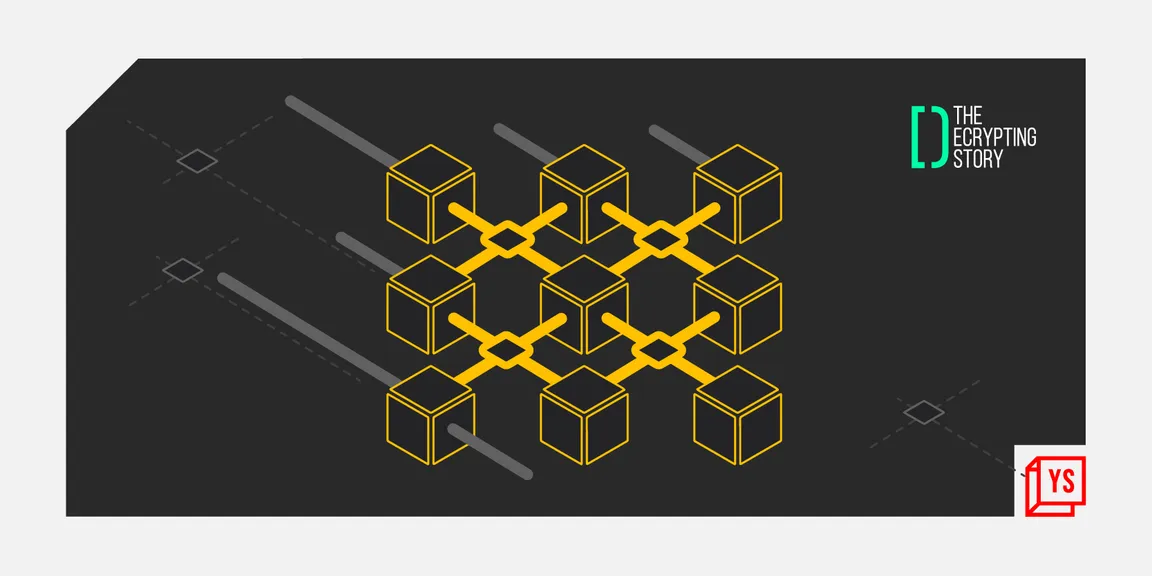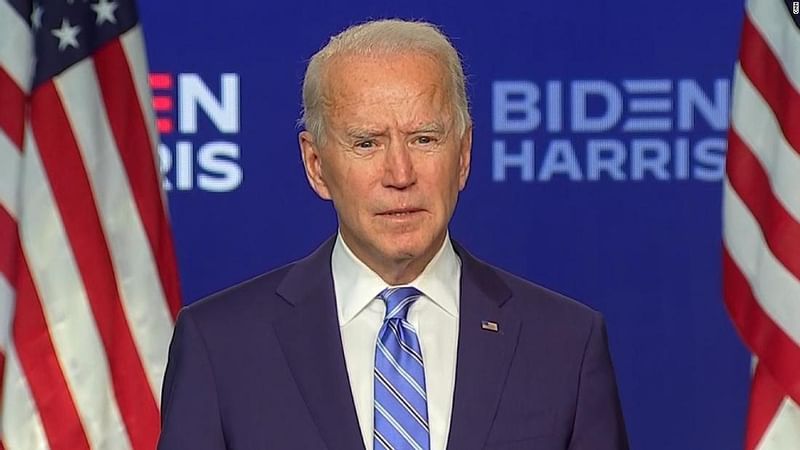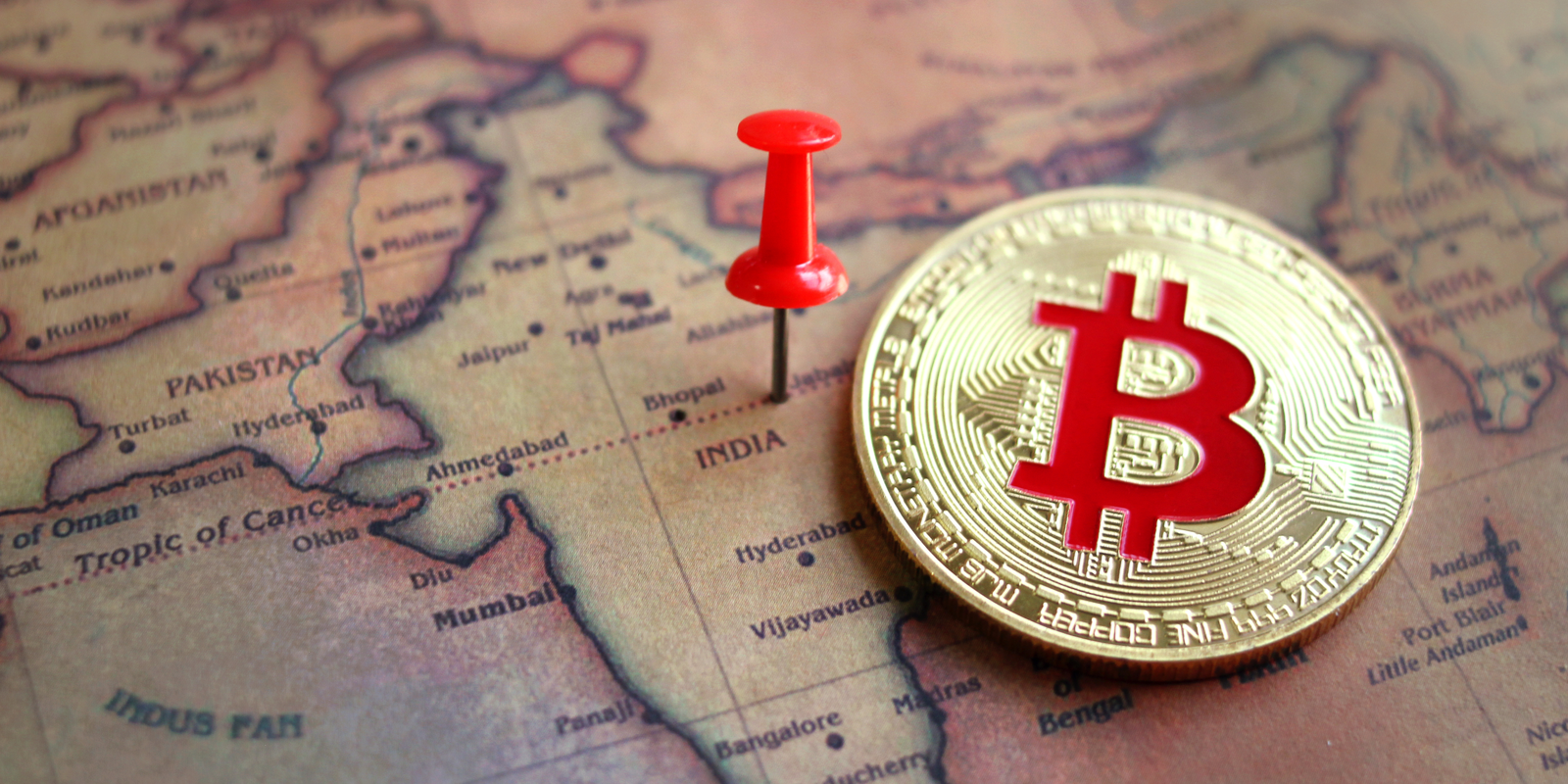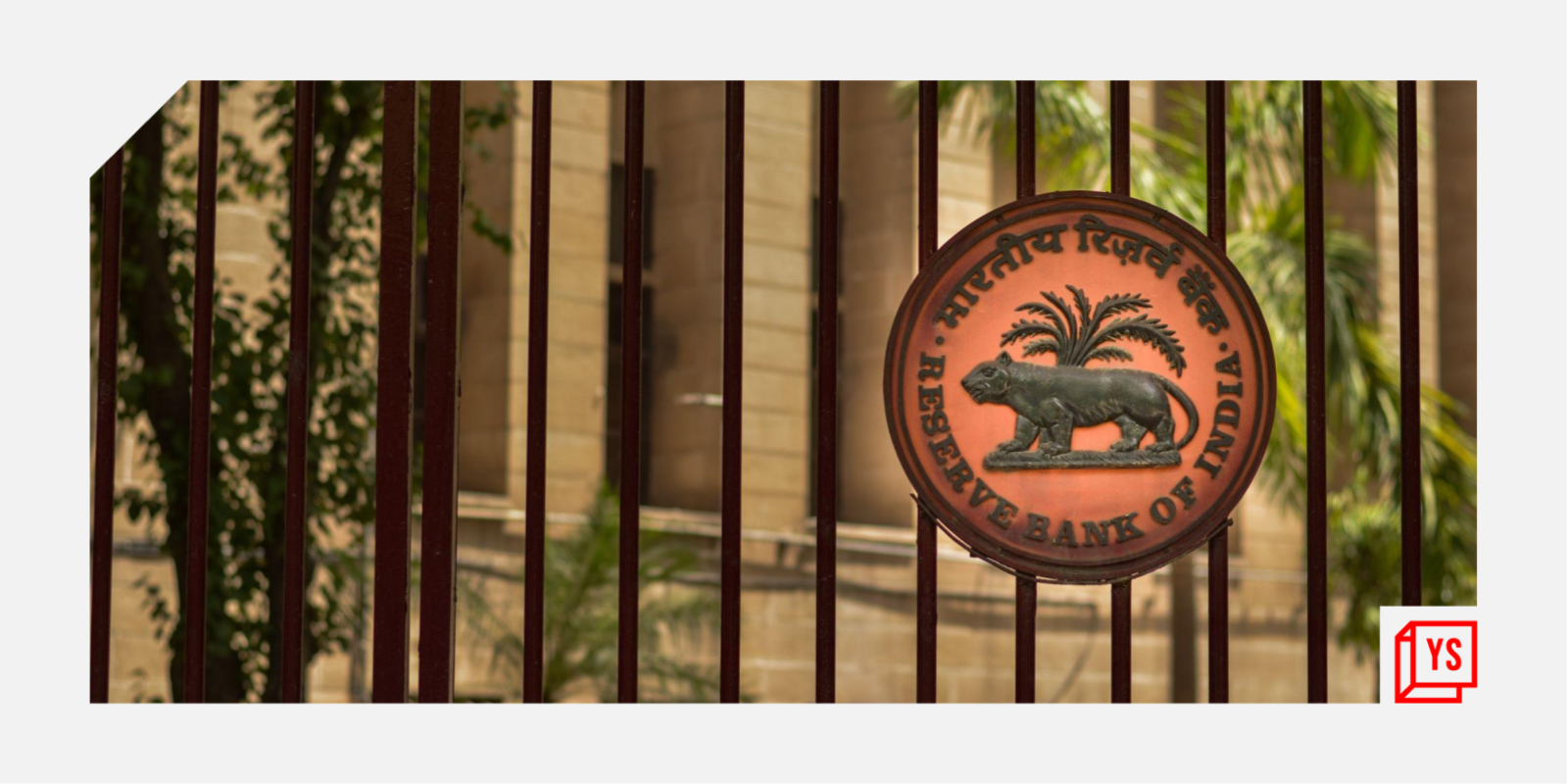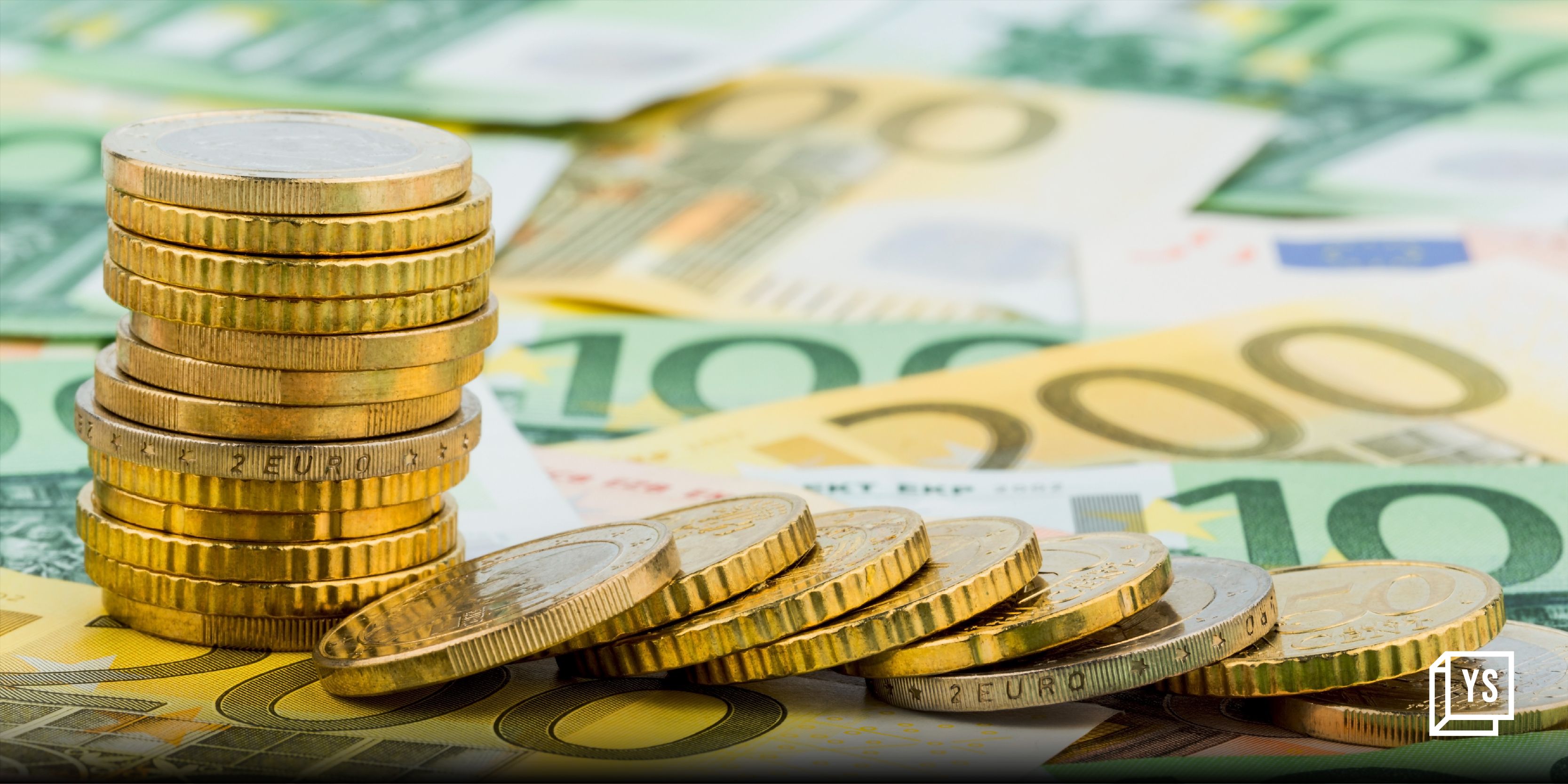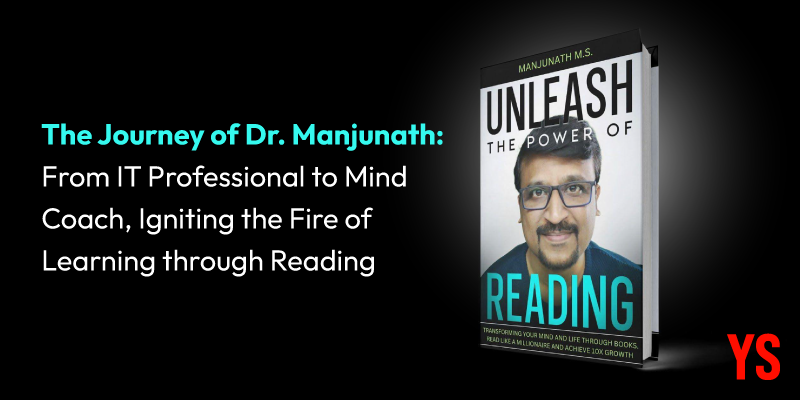Why COVID-19 will continue to accelerate enterprise blockchain adoption
Here’s a look at some of the enterprise and government use cases that will continue to accelerate with blockchain during these pandemic situations.
COVID-19 has been an unprecedented pandemic that has forced technology companies to rethink their strategy to deal with the tech-enabled world and provide secure solutions to customers and users.
The pandemic has revealed the weaknesses in many industry verticals like medical, supply chain, financial industry, travel etc, as well as exposed difficulties in sharing and securing data that is required for making informed decisions.
Blockchain technologies have been in existence for a decade, but amid the pandemic, its adoption has increased significantly.
With enterprises adopting a hybrid workforce model, the necessity for organisations to secure their assets and also digitally verify the identities of their employees, customers and partners becomes pertinent.
With rising concerns around data privacy and usage, enterprises and government agencies have expanded the role of Blockchain in COVID-19 mitigation and control.
We can look at some of the enterprise and government use cases that will continue to accelerate with blockchain during these pandemic situations.
Contact tracing
For India’s population of over 1.3 billion, the necessity to validate the identity of every citizen in the country becomes essential and critical. With the focus on contact tracing and protecting personal data, there is a need to understand the citizen patterns of their travel.
The collected data can be securely encrypted and stored on blockchain-based servers and can be correlated to predict any community-based transmission.
During this pandemic, many enterprises have launched apps that allow us to track this information. The government of India also launched an application that allows us to understand the transmission radius near your geo-location.
Digital passports
One of the most powerful features of blockchain is that it erodes data duplication.
We can now look at new digital passports whereby you are provided with a fully vaccinated certificate that’s linked into your passports which is powered and secured through a blockchain server. So, entities operating in the travel industry can scan these passports to validate the traveller profile.
Digital drug tracing
The entire medical pharmacy industry will be e-pharma or e-medical where it will be a direct secure way of buying/selling between the wholesaler, pharmacist and patient via blockchain hash.
The manufacturer produces the drug and marks with a unique hash code which is stored on the blockchain. The manufacturer then sends the drug to the wholesaler. The wholesaler verifies the origin of the product and the transaction is now stored and added to the blockchain.
The wholesaler then sends the drug to the pharmacist who verifies the origin of the product, and the transaction is now stored and added to the blockchain. The pharmacist sends the drug to the patient who verifies the origin of the product and the transaction is now stored and added to the blockchain.
Blockchain tokens
We will see an increase in enterprises in the business of offering tokens to their users as a means of digital currency. These can be used in sports and gaming, music, food or transactions between users.
Users will be able to purchase tokens issued by IP holders on a blockchain platform and conduct transactions with other users. They can use their digital passports verified by a blockchain server at checkout.
Additionally, even IP holders that do not have in-depth blockchain knowledge or experience will be able to issue and distribute tokens without the need to develop their own technology. Enterprises can then upsell or cross-sell these with other offerings such as promotions, retail etc allowing them to expand the tokens as a viable alternative to cash/credit.
The usage of blockchain technologies will expand beyond COVID-19 to other arenas like the next-gen election system, e-government, e-school, and many more.
Edited by Kanishk Singh
(Disclaimer: The views and opinions expressed in this article are those of the author and do not necessarily reflect the views of YourStory.)

